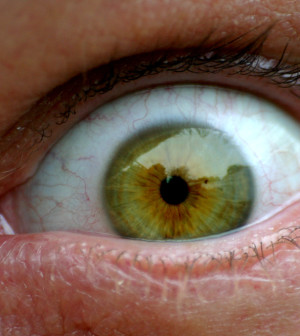Don't Miss
- Could Your Grocery Store Meat Be Causing Recurring UTIs?
- Are You Making This Expensive Thermostat Error This Winter?
- Recognizing the Signs of Hypothyroidism
- 10 Strategies to Overcome Insomnia
- Could Artificial Sweeteners Be Aging the Brain Faster?
- Techniques for Soothing Your Nervous System
- Does the Water in Your House Smell Funny? Here’s Why
- Can a Daily Dose of Apple Cider Vinegar Actually Aid Weight Loss?
- 6 Health Beverages That Can Actually Spike Your Blood Sugar
- Treatment Options for Social Anxiety Disorder
Health Tip: When it Takes Too Long to Fall Asleep
By LadyLively on August 9, 2016

It’s common to occasionally toss and turn while trying to fall asleep, but for some people, it’s a nightly battle.
The National Sleep Foundation recommends:
- Slowly and gradually change your bedtime, backing it up by 15 minutes each night until you reach the time you want.
- In the morning, expose yourself to bright artificial light or natural sunlight. At night, as you get ready for bed, keep the lights dim.
- Turn off electronics at least 30 minutes before bed, and steer clear of caffeine and alcohol a few hours before bed. Make sure the bedroom is dark, quiet and cool.
- Stay consistent with sleep and wake times, even on weekends.
- Talk to your doctor about melatonin, a hormone that helps regulate sleep.
Source: HealthDay
Copyright © 2026 HealthDay. All rights reserved.










